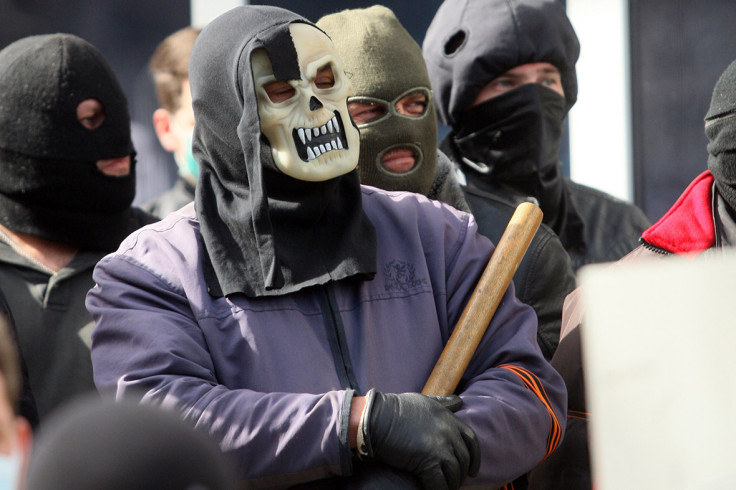Ukraine Plan to Import Natural Gas From Europe Could be Illegal

The stand-off between Ukraine and Russia took another twist as Ukrainian contingency plans to import gas from Europe were cast into doubt.
Ukraine has entered emergency talks with European partners in an attempt to secure gas supplies in case the Russian firm Gazprom cuts off its supplies.
However, the plans to pump gas from EU countries to Ukraine against the original flow of the pipeline may require approval from Gazprom.
The Russian energy giant recently raised the price it charges Kiev for gas to $485 per 1,000 cubic metres. It was the second rise in a week, after Russia had initially upped Ukraine's price 44% on Tuesday to $385.5 per 1000 cubic metres.
Slovakia is considered the best option to reverse gas supplied to Ukraine in the event of its supplies being cut off. However, a spokesman for Slovakia's pipeline operator Eustream, said that the move would require permission from Gazprom.
"For a reverse flow, you would have to stop the East-West flow in one of the pipelines and reverse the flow. But you would have to have approval from Gazprom," the spokesman said.
"Gazprom does not agree with this, and thus it's not an option," he added.
Gazprom chief executive Alexei Miller also raised questions about the legality of reversing gas flows from EU countries to Ukraine, during an interview with Russian state television.
On the ground in eastern Ukraine, a number of pro-Russian protestors have stormed government buildings and seized arms in one city, while declaring a separatist republic in another. Kiev described the events as a Russian-orchestrated move to justify a future invasion. The situation in the eastern cities of Kharviv, Donetsk and Luhansk remained tense.
Relations between Ukraine and Russia collapsed when Ukraine's president Viktor Yanukovych was ousted from power following months of demonstrations on the streets of Kiev and across the country. Russia responded by seizing the Crimea region in southern Ukraine, which it annexed after a widely criticised referendum in March.
In the wake of the annexation, Russia asserted that it did not hold designs on any other part of Ukraine although masses of Russian troops remain near Ukraine's eastern border. What looked like a possible military conflict has taken an economic turn, with the US and the EU imposing sanctions on a number of individuals with close ties to the Kremlin.
In turn, the Russian energy giant Gazprom hiked the price it charges the Ukrainian government for gas and demanded that it pay its outstanding bills, worth around $2.2bn.
Slovakia is looking at the possibility of supplying around 10bn cubic metres of gas per year to Ukraine, enough to meet about a fifth of the country's demand, according to the Eustream spokesman.
The firm is working with the Ukrainian pipeline operator Ukrtransgas in an attempt to start reverse flows by winter.
Previous gas crises have caused disruption of supplies through Ukraine, through which Europe receives much of its gas supplies.
© Copyright IBTimes 2025. All rights reserved.






















